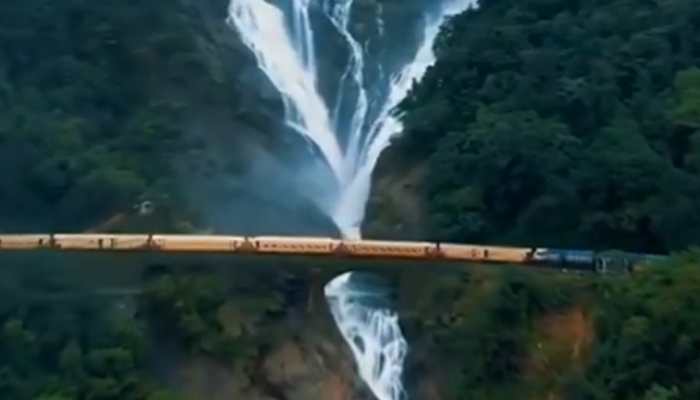A thought to the edited thoughts
Things need to be edited. One cannot allow harsh words, or coarse language or excessive emotions to come into the public domain. Harsh words need to be softened, coarse language given a sheen of sophistication, made grammatically and politically correct and put within 300 words. Because ‘bhare mehfil mein chillana nahi accha’ (it is not good to shout in a gathering) as an Urdu poet says.
Trending Photos
)
Shafey Danish
Things need to be edited. One cannot allow harsh words, or coarse language or excessive emotions to come into the public domain. Harsh words need to be softened, coarse language given a sheen of sophistication, made grammatically and politically correct and put within 300 words. Because ‘bhare mehfil mein chillana nahi accha’ (it is not good to shout in a gathering) as an Urdu poet says.One cannot but feel that all this saying of things politely, whether in the written word or on the televisions, this cutting and editing, this changing of things from the raw state to the polished state- takes away, especially from those who protest against the status quo, the force of the feeling that lies behind it.
This is actually linked to a fundamental aspect of the society in which we live: We give voice to the opposition. In societies where such notions do not prevail, opposition and protest is often crushed with batons and bullets (witness Myanmar). In this sense, therefore, the space and freedom that we give to the opposition – we let them sit in Parliament, we air the disagreeing voices in the national press and TV channels, we talk to the opposition, however reprehensible it may seem to us, and so on – is a liberal and enlightened move. It ties up nicely with the best traditions of freedom and liberalism. But there is a different, no less important reason.
Do you remember the initial argument given for the establishment of the Indian Congress? It was to provide a ‘safety valve’ against the kind of violent uprising seen in 1857.
This is actually a fundamental aspect of the entire western system we live in, co-opting the opposition and making them stake holders in the order. See how India and China are now being considered for a place at the high table, and contrast this with the disdain of an erstwhile era. The system remains stable because those who could have violently disrupted it, in the process upsetting the hierarchy, have chosen to, well, edit their words (if not necessarily their views).
But there is another aspect to it. The price for getting there is to shed the hard rhetoric, violent opposition, and become an altogether tamer opposition. So what is wrong in that, one might ask? It smoothens the transition and makes it a gradual process. Nothing wrong in it indeed, except – and herein lies the nub – even the proposal for the establishment of an Indian Congress would not have been possible without the violence of 1857.
This is where the whole things ties up – I admit rather whimsically – with editing. Because this too is a form of editing. In the media, this larger editing takes the form of technical editing. Hard stories are deftly softened, the message diluted, the space allotted to them reduced. Anger, pain, outrage and other unbecoming emotions are edited out.
This can turn rather dangerous after a while. How long would the oppressed agree to not have their grievances articulated in full? How long would they agree to a discourse that is dominated, ruled by ideologies incompatible to their views? For how long would a people agree to sit down, when told that they have run out of the allotted 5 minutes, on a TV channel when their stories are still left incomplete, their tales of woe, understandably long, left untold?
A breaking point would come when the methods of discourse would shift because words would lose their meaning beyond their rhyme, rhythm and meter.
PS: Mr Editor, please do not tamper with the spirit (strong, I admit) of this write-up.
Stay informed on all the latest news, real-time breaking news updates, and follow all the important headlines in india news and world News on Zee News.
Advertisement
Live Tv
Advertisement







)
)
)
)
)
)
)
)
)
)
